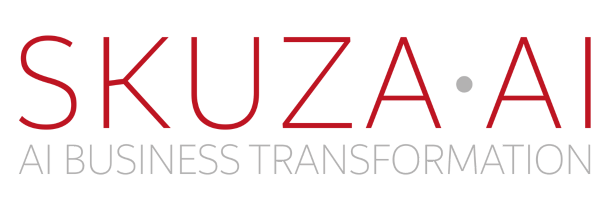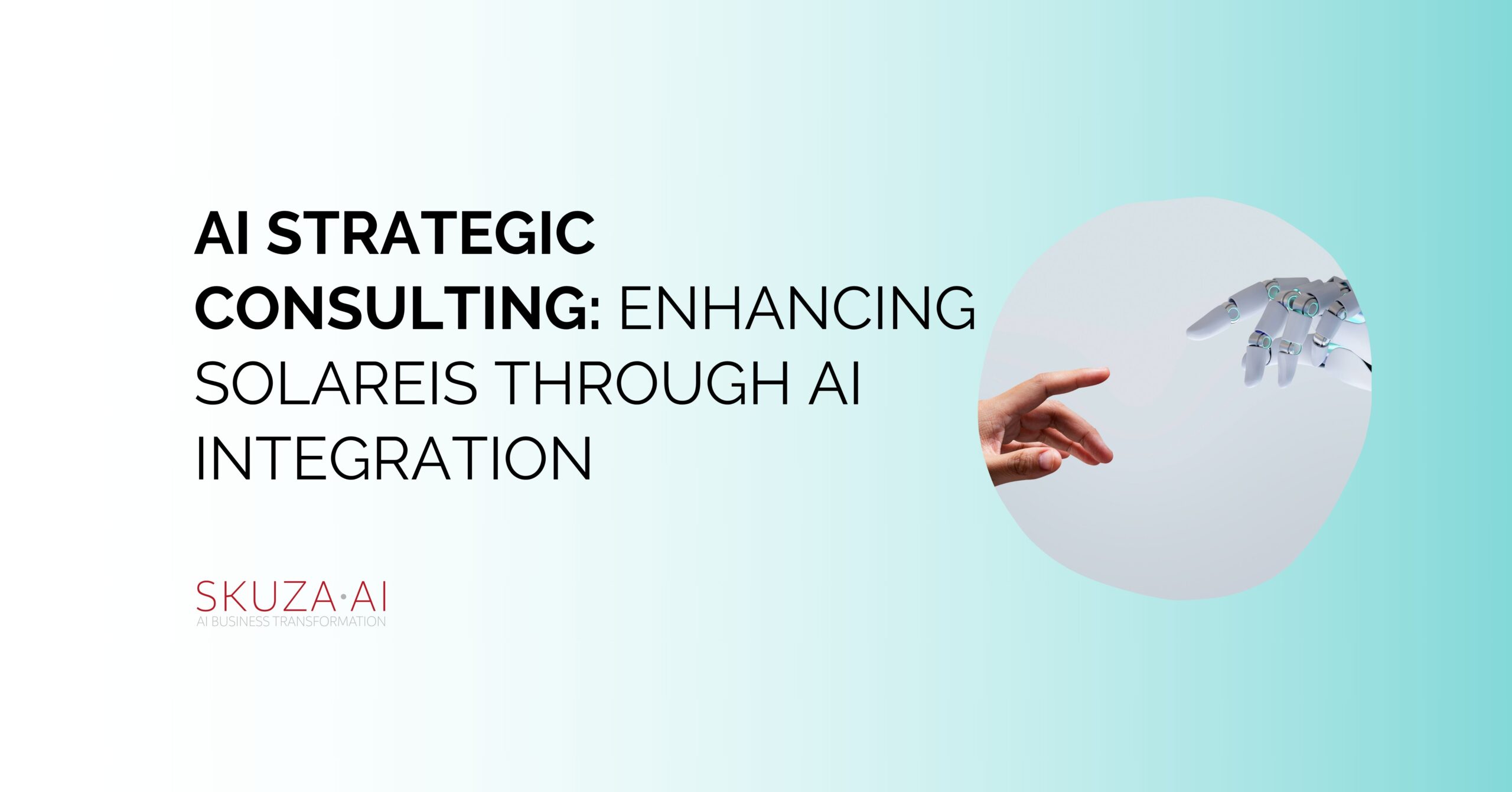The goal of this post: In this post, I am going to articulate what AI can’t do and why businesses and individuals should pay a lot of attention to artificial intelligence progress.
Table of contents
- Why do I believe in Artificial Intelligence and I think it is as big as the discovery of electricity?
- What AI can’t do and will find it hard to deliver.
- Let’s hire AI to do the job – what is still missing?
- 100 billion dollars – What is the deal? How big is the opportunity?
- Conclusion
For last years the main drivers of economic growth have been innovations in technology. Many companies like Amazon, UPS, Uber, AirBnB, discovered paths and embraced technologies, which are the vital components of their business models.
I believe that artificial intelligence can be compared to electricity discovery. Every machine now and in the future will be able to improve its performance without humans. It is amazing! Water pipes, food distribution, waste management, as many other areas are full of flaws because of humans. Machines will be able to complete tasks and improve the job without us. We can now build systems that learn how to perform tasks on their own.
Why do I believe in Artificial Intelligence and I think it is as big as the discovery of electricity?
In digital business, my favorite part of business life, artificial intelligence will have the biggest impact. Without electricity people couldn’t study after sunset, they found it hard to pump water to the fields, and they had to use muscle power to move somewhere. Without AI we need to conduct thousands of manual activities daily to get the job done. We can only do so many tasks in 24 hours, finally, we will be able to accomplish more and help others more.
Grab my The Innovation Letter, and get new tools, news, and ebooks about Artificial Intelligence
[super_form id=”1271″]
People are not predictable. We have been here (on Earth) for such a long time, and we still can’t perform many tasks. We can’t automate many tasks (still somebody needs to open a door for the old lady). Now, with AI, we can do it.
Systems are great learners if we let them learn. They can achieve extraordinary results, and most of the areas like healthcare, automotive, retail, education are accessible for them, it means they are industry agnostic.
In digital business, my favorite part of business life, artificial intelligence, will have the most significant impact. Without electricity, people couldn’t study after sunset, they found it hard to pump water to the fields, and they had to use muscle power to move somewhere. Without AI, we need to conduct thousands of manual activities daily to get the job done. We can only do so many tasks in 24 hours. Finally, we will be able to accomplish more and help others more.
The effects of AI will be magnified in the coming years as retail, transportation, finance, emergency, and every other industry redesigns their core business, core processes, and business models to take advantage of artificial intelligence.
What AI can’t do and will find it hard to deliver.
I am a fan of a realistic, measurable, and honest approach in the tech business. What is impressive, how easy it is to recognize what AI can’t do. Unfortunately, AI has generated lots of unrealistic expectations. I picked up the chance in this post to fly over a few tasks, which AI will not be able to complete. These examples will give you an idea, what we can expect AI to deliver and what will not be possible in the next decade:
AI is not capable of writing software. American computer architect Frederick Brooks communicates in the book The Mythical Man Month that, in spite of the progress brought by AI, it does not have the human faculty of understanding, which makes it incompetent in writing software. Frederick explains that software writing is a process requiring a deep understanding of the real world and the ability to transform those observations into structured rules. Also, as we know, bug discovery is the key to delivering high-quality software. While AI can catch patterns to identify bugs, it cannot find bugs and remove them.
While AI has proven it can prepare a short copy, it will not be able to write long-form, draft documentation, and write scripts. AI will not be able to read and understand papers and books, conduct research and collect survey data to prepare 145 pages report. AI can’t deliver tasks of this nature. Any job which requires to merge facts, discuss the options, and make final documentation, will require a human being. AI can support sub-tasks, but will not be a leader of the process. So if you think the next Netflix show might be an AI masterpiece, unfortunately, you are wrong.
Artificial Intelligence can’t compose music that does not follow specific rules. It can absorb a lot of songs and create new ones, make it sound beautiful and “looks” like music. Many types of music involve, the undefined exchange of rules between musicians as they are performing. Musicians can develop those rules and destroy them at will. Computers can’t break the rules, build new ones, and dynamically exchange them so that AI-formulated music will be formulaic. It is quite hard to understand the difference between human and AI music, but there is always a difference, especially when we are talking about live performance.
AI can’t invent things. Most AI models are trained through “supervised learning.” Supervised learning requires a supervisor, meaning humans must label, structure, and categorize data, For example, Uber, Ford, Tesla need hundreds of people who can manually annotate hours of video feeds from prototype vehicles to help train the autonomous driving systems. Invention requires more specific and intricate tasks. First, the inventions are trapped into a prototype, then it starts generates unstructured data, and afterward, humans can structure the data. AI is not able to invent anything as it requires structured reality to perform tasks.
Pioneers of AI, Tom Mitchel, and Micheal Jordan helped to understand the AI by mapping the issue to Input, Output, and Application. If you grasp this (it’s easy), it becomes clear where AI can unveil its most significant potential.
a) Input: A car plate photo
b) Output: Caption and extraction
c) Application: Car identification
Another example
a) Input: Smartwatch location (GPS)
b) Output: marathon runners concentration
c) Application: Map with suggestions of water supply
Let’s hire AI to do the job
As you can see, AI requires data, people who can play with data and machines which can leverage the data and automate tasks. The good news is that the world has not enough data geeks, which creates a lot of demand/supply opportunities.
Somebody needs to build algorithms, teach them, takes care of them, and improves them. As stated above, algorithms and machines can’t improve themselves. We need human hands, hearts, and goodwill to create machines that can learn. Companies like Dell, Apple, Warner Bros started to do it, and I hope it will bring more and more machines which people can train.
The performance of most machine learning systems is getting better as the more structured, useful quality data is accessible. Currently, most of the information is used for simple reporting, not for automation. Artificial Intelligence will change this. Finally, people in Sudan will get water to where it should be, not because somebody brings it, but because the autonomous car will drive to a specific location and carry the water for them.
AI brings fundamental changes to business models, and those influence everything: processes, customer services, distribution, value proposition creation, and more. Logistic centers, stores, fire stations, emergency rooms, phone manufacturers, everybody relies on processes. Good, proven processes drive scalability. This is the primary reason for having processes in the heart of every organization. Now, they are going to be 100% redesigned by AI.
What is the deal? How big is the opportunity?
Statista claims that AI software market size is expected to experience fantastic growth in the next 20 years, with revenues increasing from around 9.5 billion U.S. dollars in 2018 to 118.6 billion by 2025. It is crucial to mention that the AI market includes an extensive collection of software such as natural language processing, robotic process automation, and machine learning.
MarketWatch predicts it is going to be 165 billion by 2025, and Grand View Research doesn’t agree with Statista and MarketWatch because it claims it is going to be 390 billion. It doesn’t matter how we count, and it is going to be a significant impact in terms of money. McKinsey conducted research and suggests that AI will improve performance by 128% in the travel industry, 89% in logistics, 87% in retail.
According to PwC research, the most significant economic gains from Artificial Intelligence will happen in China (26% boost to GDP in 2030) and North America (14.5% boost), equivalent to a total of $10.7 trillion and accounting for almost 70% of the global economic impact (check the source).
Global Artificial Intelligence market introduced the leaders already, and the list is long, but the top of it looks like the one below:
- Alphabet (Google Inc.),
- Apple Inc.,
- IBM Corporation,
- IPsoft,
- Microsoft Corporation,
- MicroStrategy, Inc.,
- NVIDIA,
- Qlik Technologies Inc,
- Verint Systems Inc
- Amazon
- Intel
- Anki
- AiBrain
- Bajno
- ByteDance
- Appier
- Mobvio
- and more
Conclusion
Whether you think, the future is coming quickly, and artificial intelligence will undoubtedly be a part of it. Not as the passive actor, but as the active player. As this artificial intelligence develops, the world will see new products launched, new startups unveiled, numerous business applications and use cases. Along with the technology innovations, artificial intelligence has the potential to dramatically remake business models and core processes that were with us since electricity discovery.
WOULD YOU LIKE AREK TO WORK WITH YOUR ORGANIZATION?
[super_form id=”1208″]

